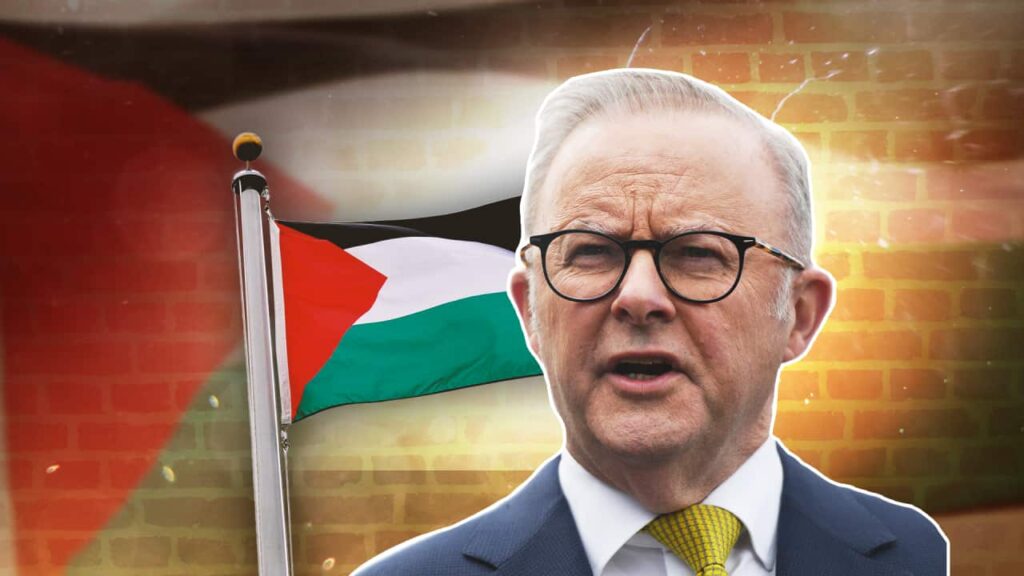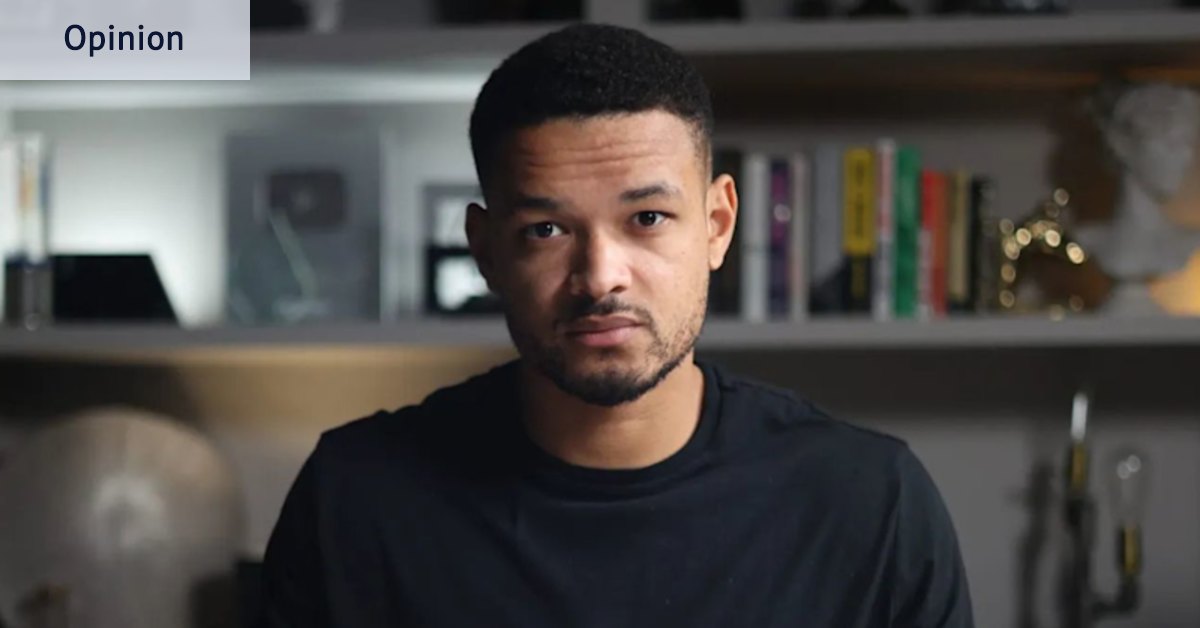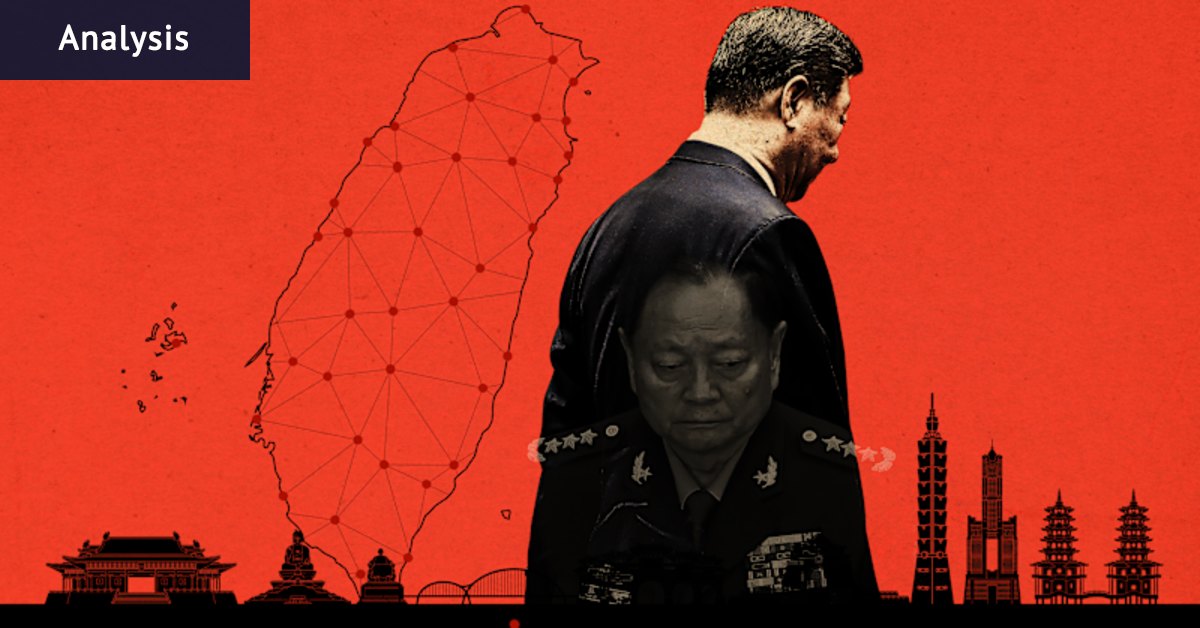
Israel’s Prime Minister Benjamin Netanyahu has issued a stern warning following Australia’s decision to formally recognize the “independent and sovereign state of Palestine.” This move aligns Australia with Canada and the United Kingdom, marking a significant shift in international diplomacy.
The announcement was made by Prime Minister Anthony Albanese and Foreign Minister Penny Wong outside the United Nations headquarters in New York City. Albanese is set to deliver his first address to the General Assembly during the high-level leaders’ week summit. The declaration, effective immediately, is part of a coordinated international effort to renew the push for a two-state solution as the ongoing Hamas-Israel conflict in Gaza continues to escalate.
“Australia recognizes the legitimate and long-held aspirations of the people of Palestine to a state of their own,” Albanese and Wong stated in a joint declaration.
International Reactions and Criticism
The decision has sparked significant backlash from various quarters, including the Australian Opposition, Israeli Prime Minister Benjamin Netanyahu, and a faction of Republicans in the United States. Netanyahu condemned the decision, labeling it as “rewarding terrorism” and vowed to respond decisively.
“We doubled Jewish settlement in Judea and Samaria — and we will continue on this path,” Netanyahu asserted, using the Biblical term for the West Bank. “A Palestinian state will not be established west of the Jordan River.”
Israel’s foreign ministry criticized the move as a political gesture aimed at domestic audiences, warning it could harm Middle Eastern stability. Spokesperson Oren Marmorstein stated, “Israel will not accept any detached and imaginary text that attempts to force it to accept indefensible borders.”
Australia’s Diplomatic Stance
Prime Minister Albanese defended Australia’s position, citing the expansion of Israeli settlements in the West Bank and the humanitarian crisis in Gaza as catalysts for the recognition. “We’ve seen an ongoing expansion of settlements in the West Bank. We have Israeli ministers who completely reject any idea of Palestinians having any future homeland,” Albanese explained.
Albanese and Wong are attending high-level meetings at the United Nations in New York, emphasizing the need for international law compliance and protection of innocent lives. “The cycle of violence must end,” Albanese declared.
Palestinian Ambassador to the UN, Riyad Mansour, expressed hope that recognition could open new political pathways and advance a two-state solution. “Give peace a chance. Stop this insanity. Stop this genocide, allow peace to prevail,” Mansour urged.
Domestic Political Implications
The decision marks a departure from decades of bipartisan consensus in Australia. Opposition leader Sussan Ley and foreign affairs spokesperson Michaelia Cash criticized the government for succumbing to “extortion” by Hamas, describing the recognition as a “hollow gesture” offering Palestinians “false hope.”
“Palestine has no established borders and no effective government,” the opposition stated. “The inconvenient truth for the Albanese government is this recognition comes while hostages remain in tunnels under Gaza.”
Despite criticism, the Australian government remains confident in progress towards an internationally supported peace plan. Future diplomatic engagements, including the establishment of an embassy, will depend on the Palestinian Authority meeting specific conditions such as acknowledging Israel’s right to exist and conducting democratic elections.
Global Context and Future Prospects
Australia’s recognition of Palestinian statehood is now official government policy, joining over 147 of 193 UN member states. This aligns Australia with France, the UK, and Canada but contrasts with its closest security ally, the United States.
As international leaders gather in New York, Prime Minister Albanese’s potential meeting with US President Donald Trump remains uncertain. The recognition of Palestine could influence future diplomatic relations and discussions at the global level.
For ongoing updates, readers are encouraged to download the SBS News app and subscribe to their newsletter for the latest developments.





